Audits
TE/GE has announced that they intend to pursue compliance on the following matters by examinations; in other words, audits. Plans are selected by the regional office of the IRS, and an on-site visit is scheduled in which the IRS agent assigned to the case will examine the employer's records to determine if their plan is in compliance.
Small Exempt Organizations that Sponsor Retirement Plans
Tax-exempt organizations can sponsor several types of retirement plans, including 401(k) plans and 403(b) plans. The IRS is specifically interested in making sure that the plan's investments are properly administered, and that there are no prohibited transactions involving any parties-in-interest.
One-Participant 401(k) Plans
A one-participant plan is a plan that covers only the owner(s) of a business and their spouse(s). It is also a plan that is eligible to file Form 5500-EZ. Most testing requirements, such as coverage, nondiscrimination, and top-heavy would not apply to a one-participant plan. The IRS is focusing on operational and plan document issues.
Worker Classification
Independent contractors are excluded from employee retirement plans. In the past, some employers have mis-classified employees as independent contractors and excluded them from their retirement plans. This can result in a failure of the coverage test if employees who should have been covered by the plan were not.
Required Minimum Distributions in Large Defined Benefit Plans
All qualified plans, regardless of size or type, are required to begin distributions to most participants starting at age 72 (or, pre-2020, age 70½). Failure to comply with this rule can lead to qualification problems for the plan, and a substantial excise tax on the participant. It is not clear why the IRS is choosing to focus its efforts in this area on large defined benefit plans, or how "large" is being defined for this purpose.
Earned Income for Self-Employed Plans
The IRS is specific that they are looking for businesses that file a Schedule C—in other words, sole proprietorships—that also file a Form 5500. Issues they will examine under audit include whether the pension deduction was taken properly on the owner's Form 1040, whether earned income was calculated correctly for plan purposes, whether correct allocations were made to plan participants, and whether nondiscrimination and annual contribution limit rules were correctly applied.
Participant Loans
Plans which allow participants to borrow against their retirement benefits have to ensure that the loans are not made in excess of certain limits, and that the loans are paid back timely. The IRS will be investigating plans where the loan balance remains constant or increases for more than one year.
Compliance Checks
For some issues, the IRS will contact a plan sponsor to request information about how they are administering their plan. This is known as a compliance check, and while it is less invasive than a full audit, it has the potential to turn into an audit if the plan sponsor does not comply with the request.
Plan Liabilities and Unrelated Business Income
The IRS is interested in plans which are engaging in outside business activity that generates taxable business income. Operating under the theory that these types of activities are likely to result in "large, unusual and questionable liabilities" they will be looking for plans that report unusual liabilities on their Form 5500.
Inflated Assets
Plans that are invested in assets which do not have a readily determinable market value are required to have those assets appraised annually. If the value of plan assets increases by more than a reasonable amount from year to year, it could indicate that the plan's assets are not being valued in a reasonable manner.
Partial Terminations
A plan that experiences a partial termination is required to provide 100% vesting to affected participants. The IRS will be reviewing plans that had a significant decrease in plan participants to determine if a partial termination occurred and if the vesting requirements were satisfied. Note that limited relief from the partial termination rules for the 2020-2021 plan years was provided under the Consolidated Appropriations Act.
Voluntary Correction Program
The IRS notes that they will continue to process submissions under the Voluntary Correction Program (VCP) to allow sponsors to correct plan qualification failures before the IRS discovers them.
Look for more in-depth articles on many of these topics over the next several weeks.
